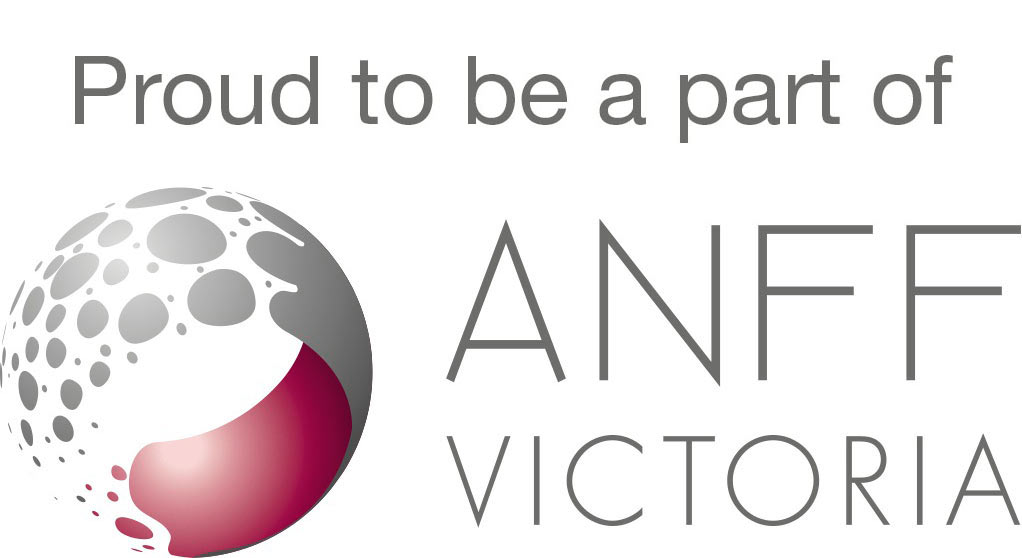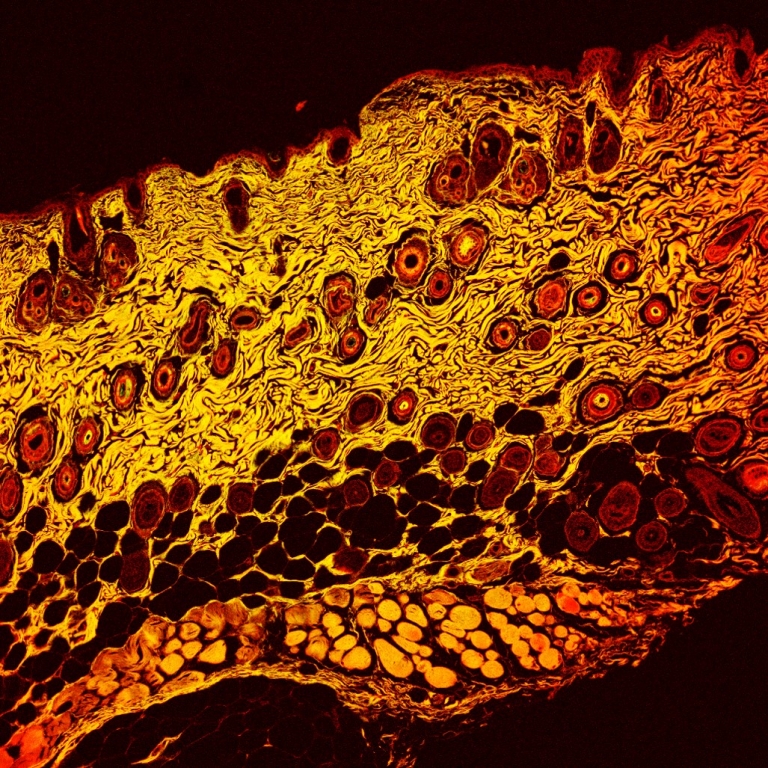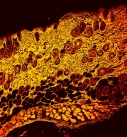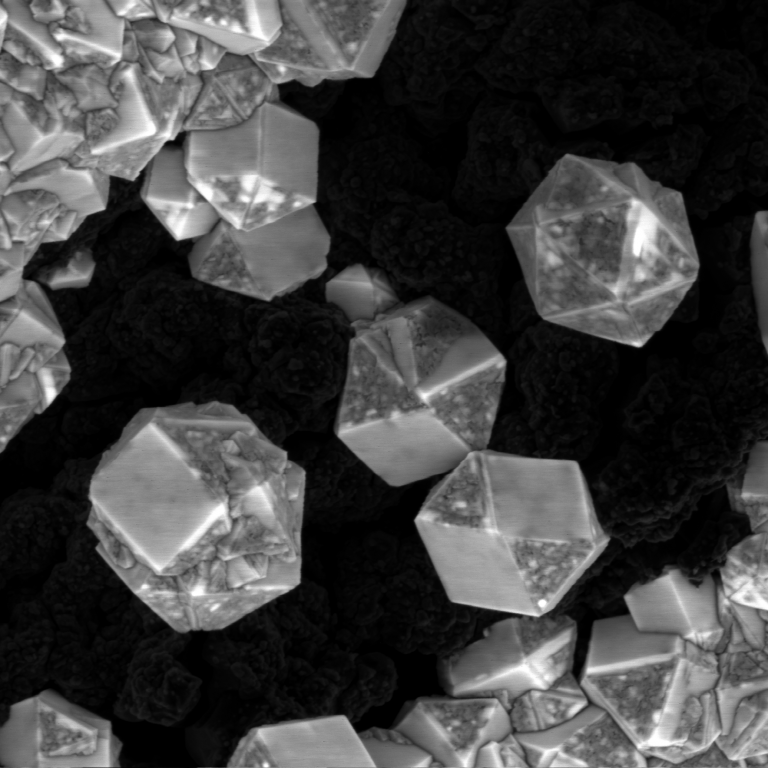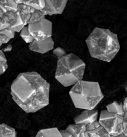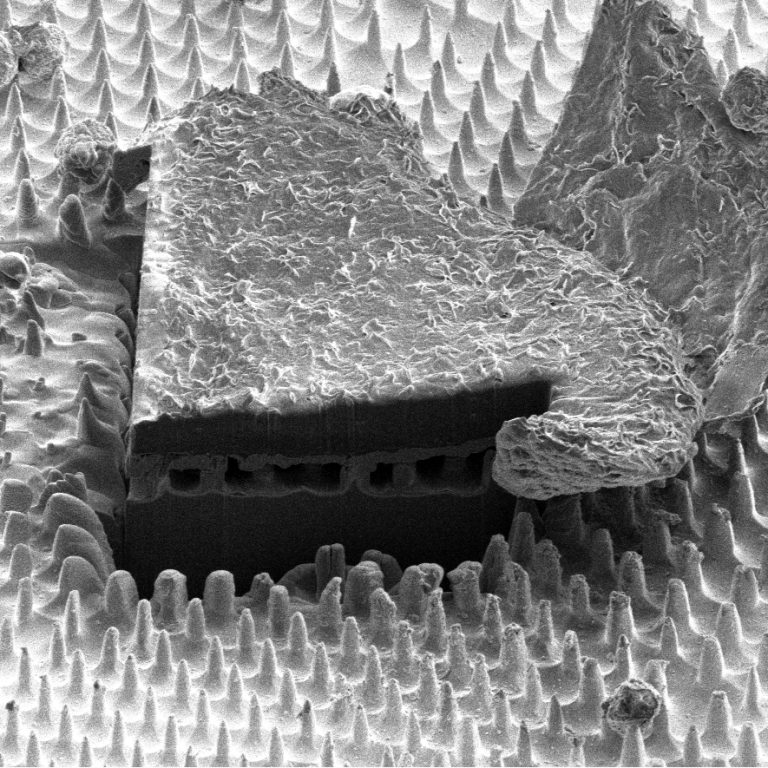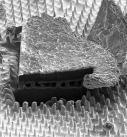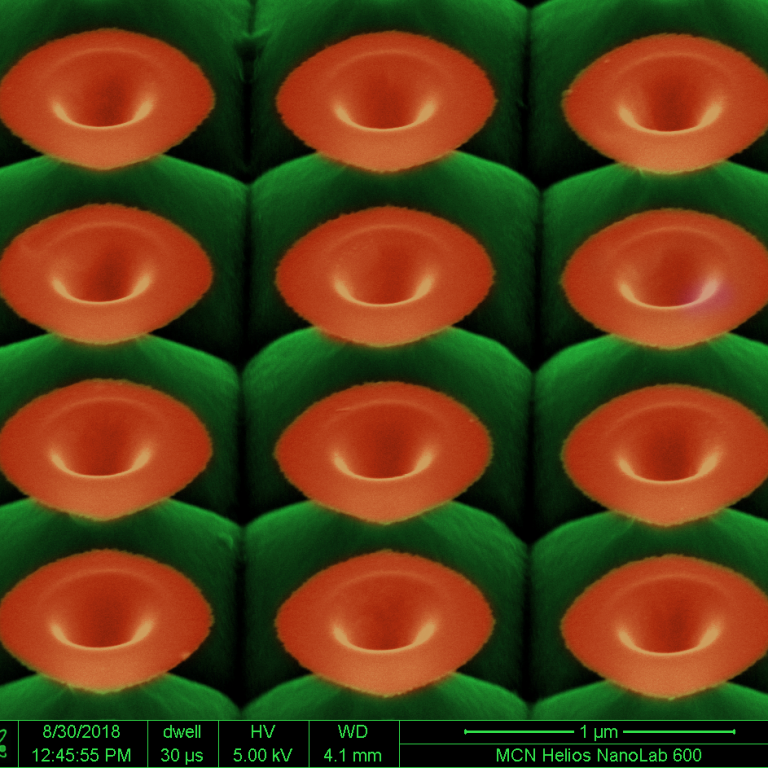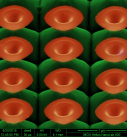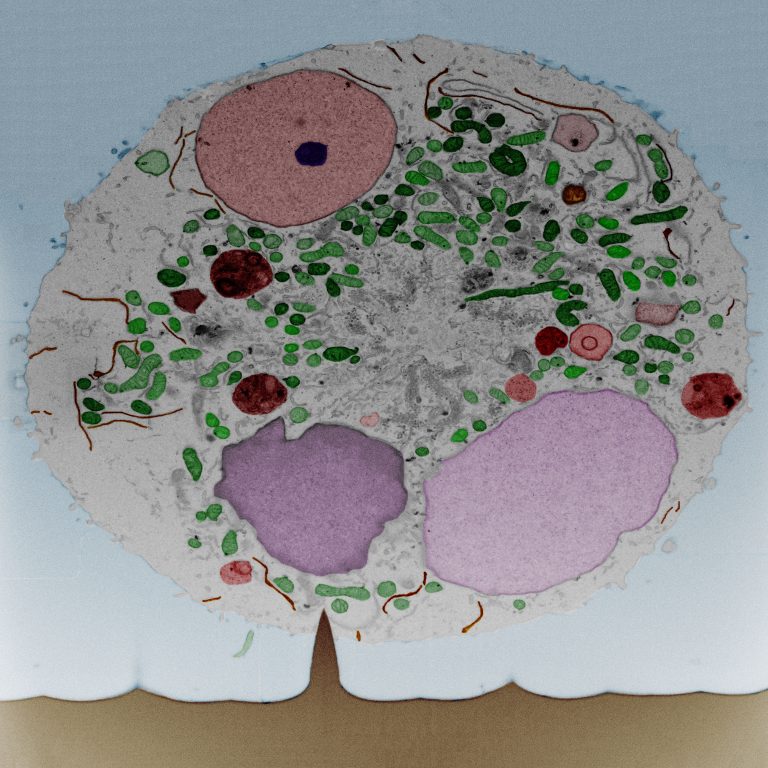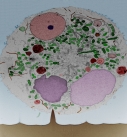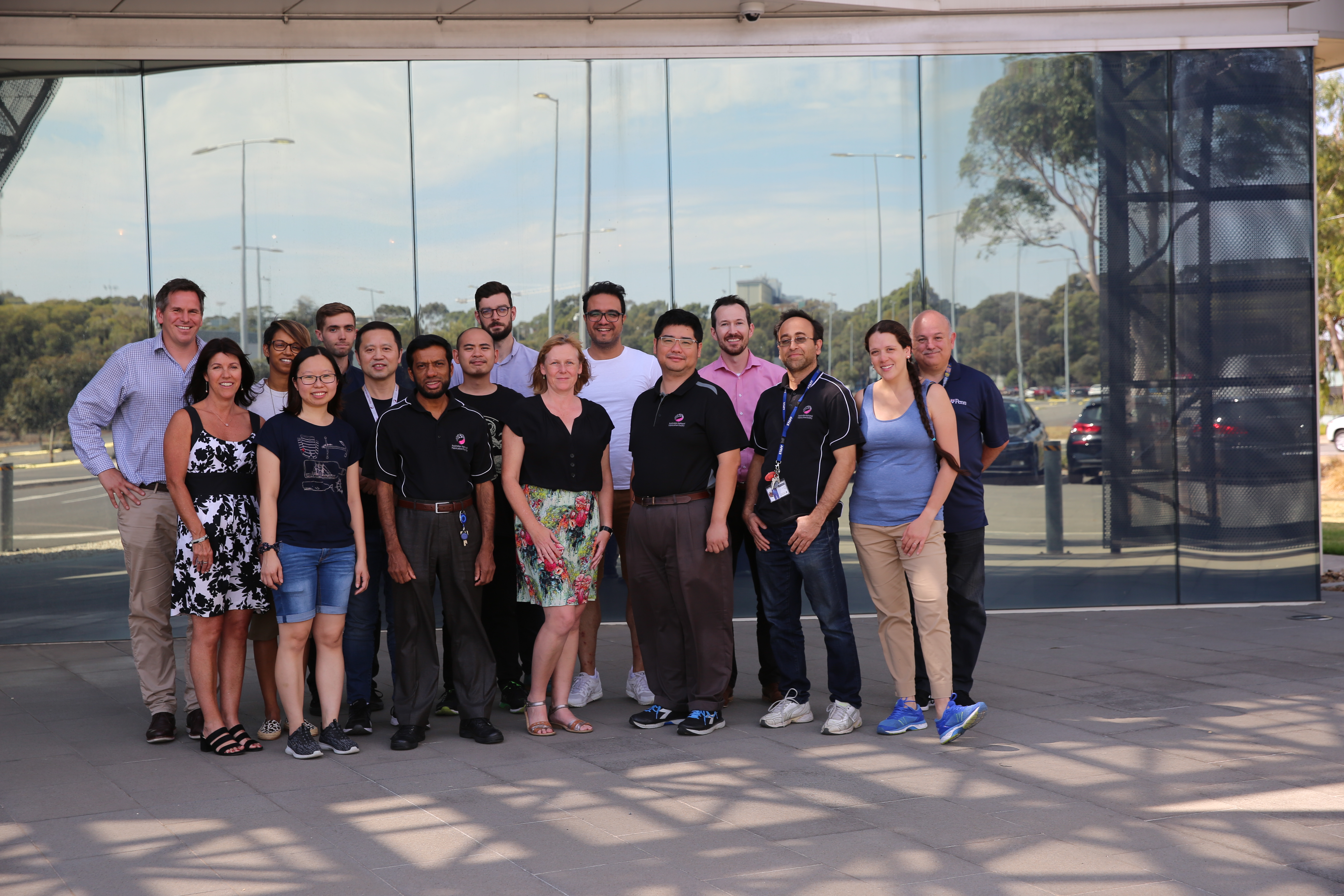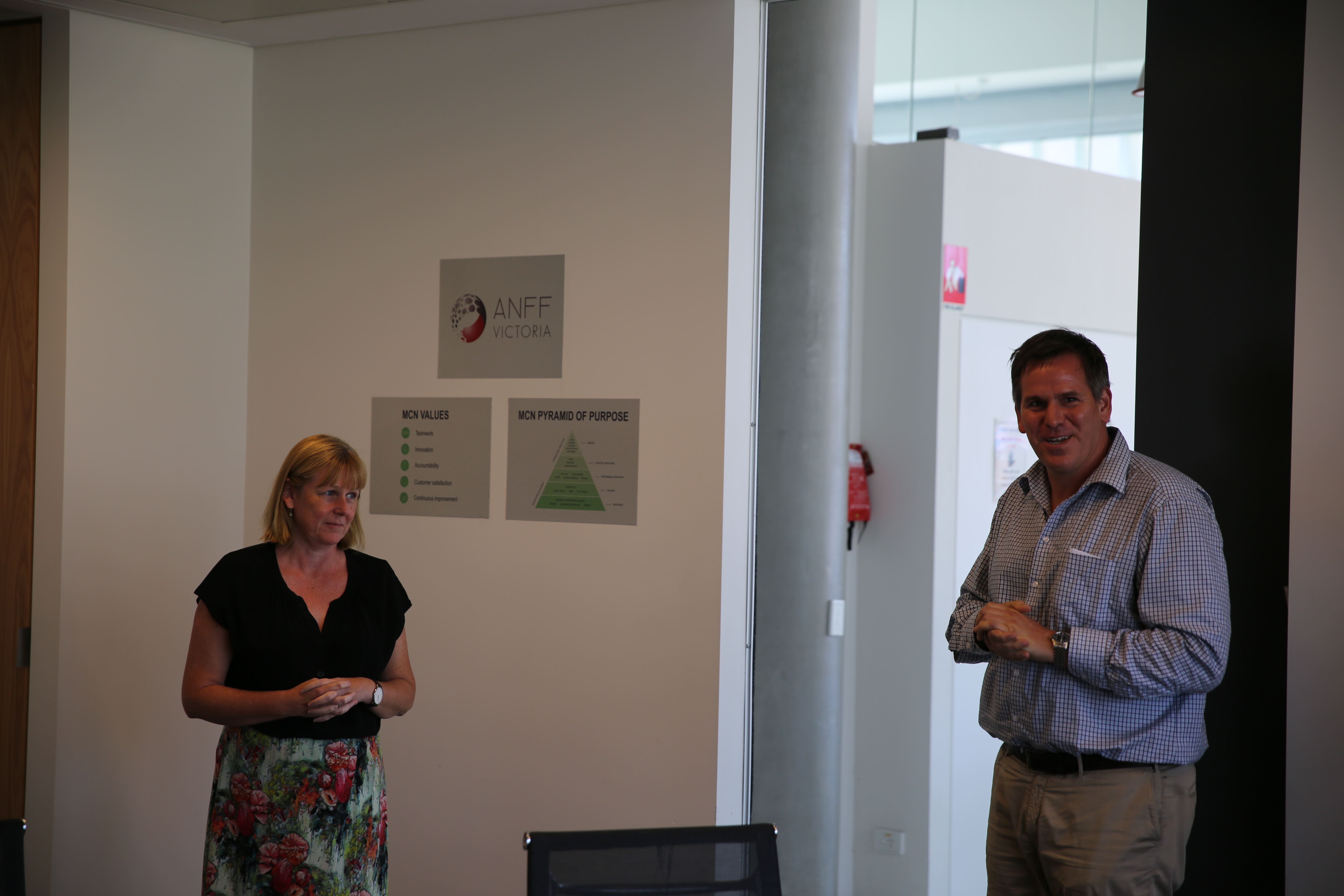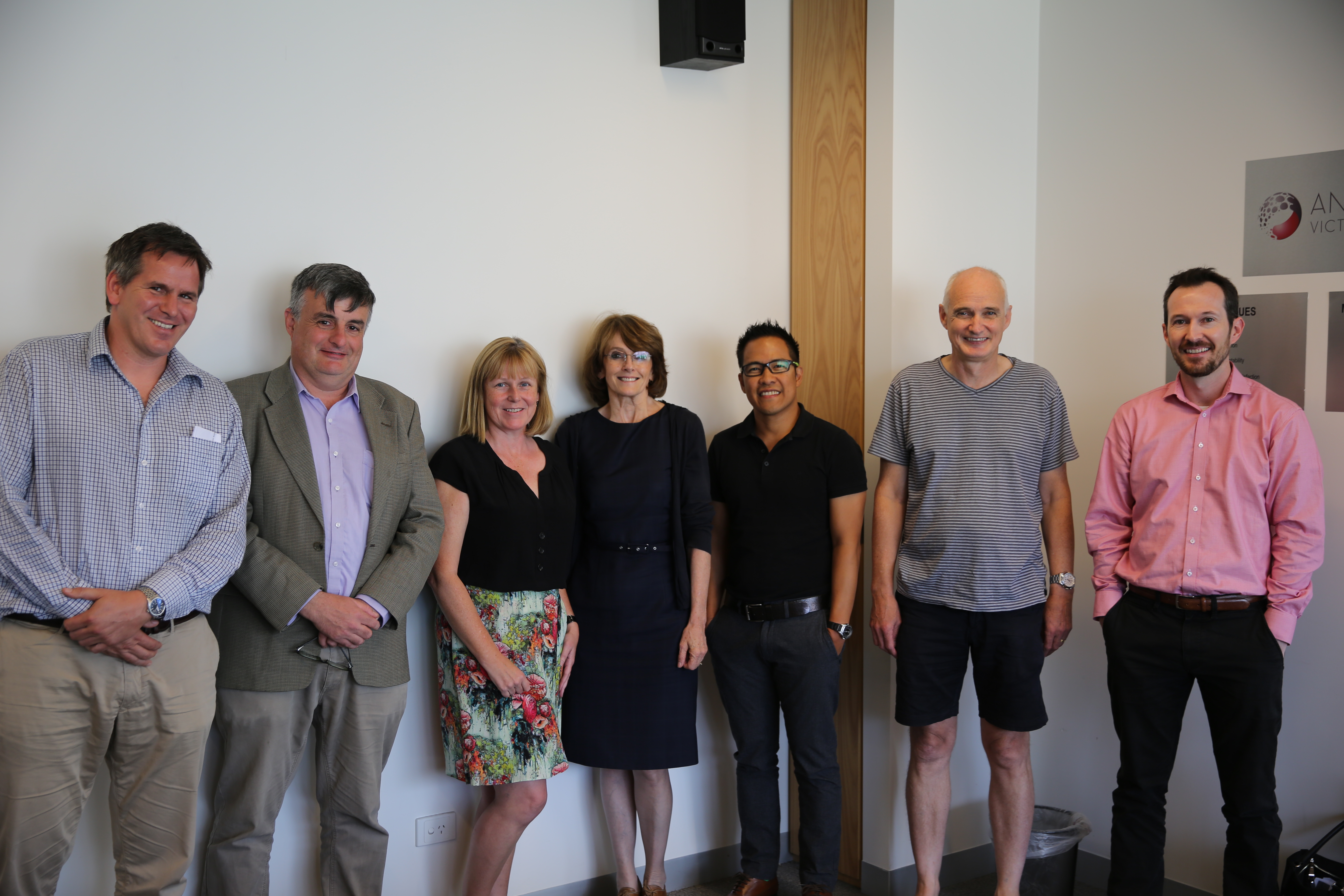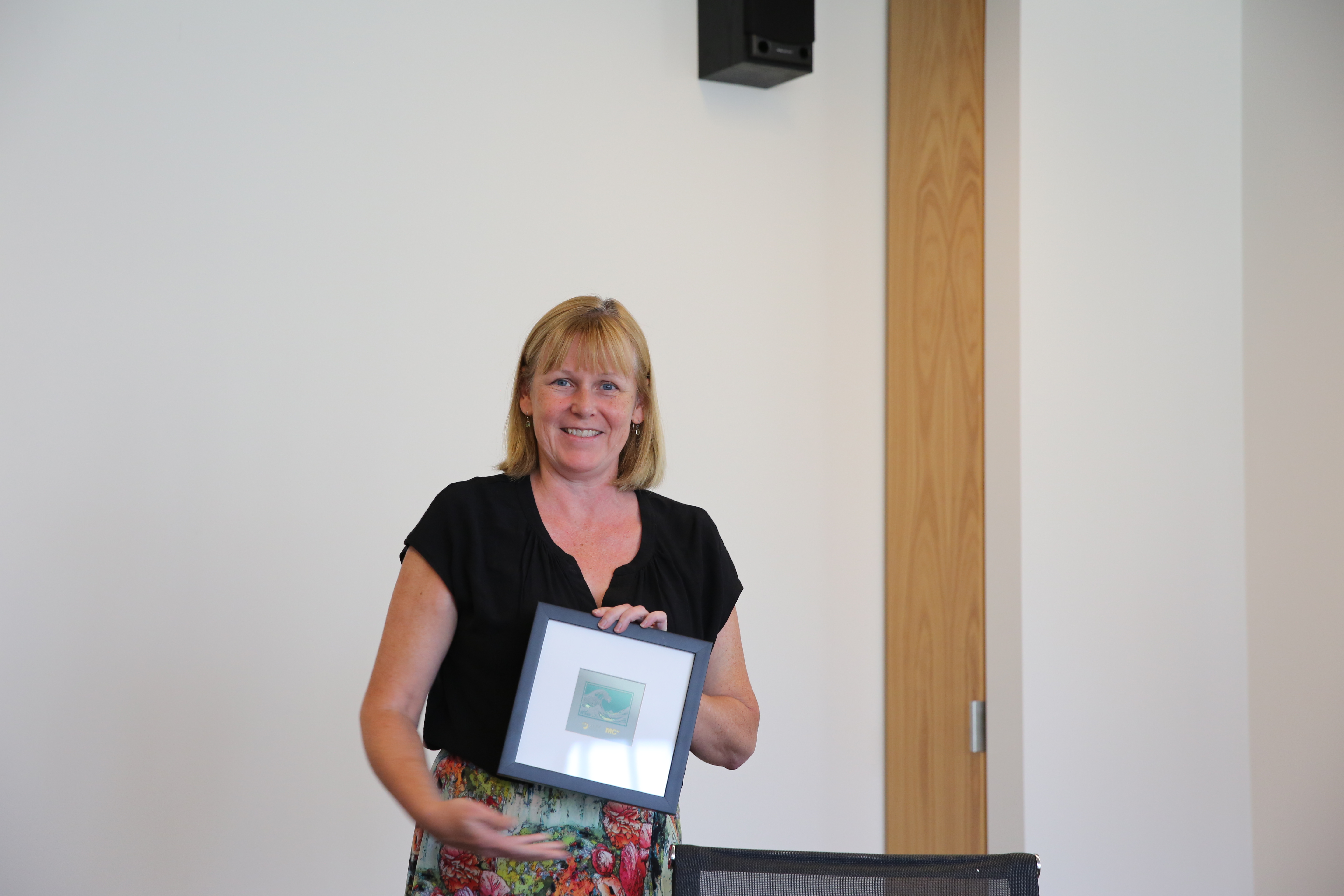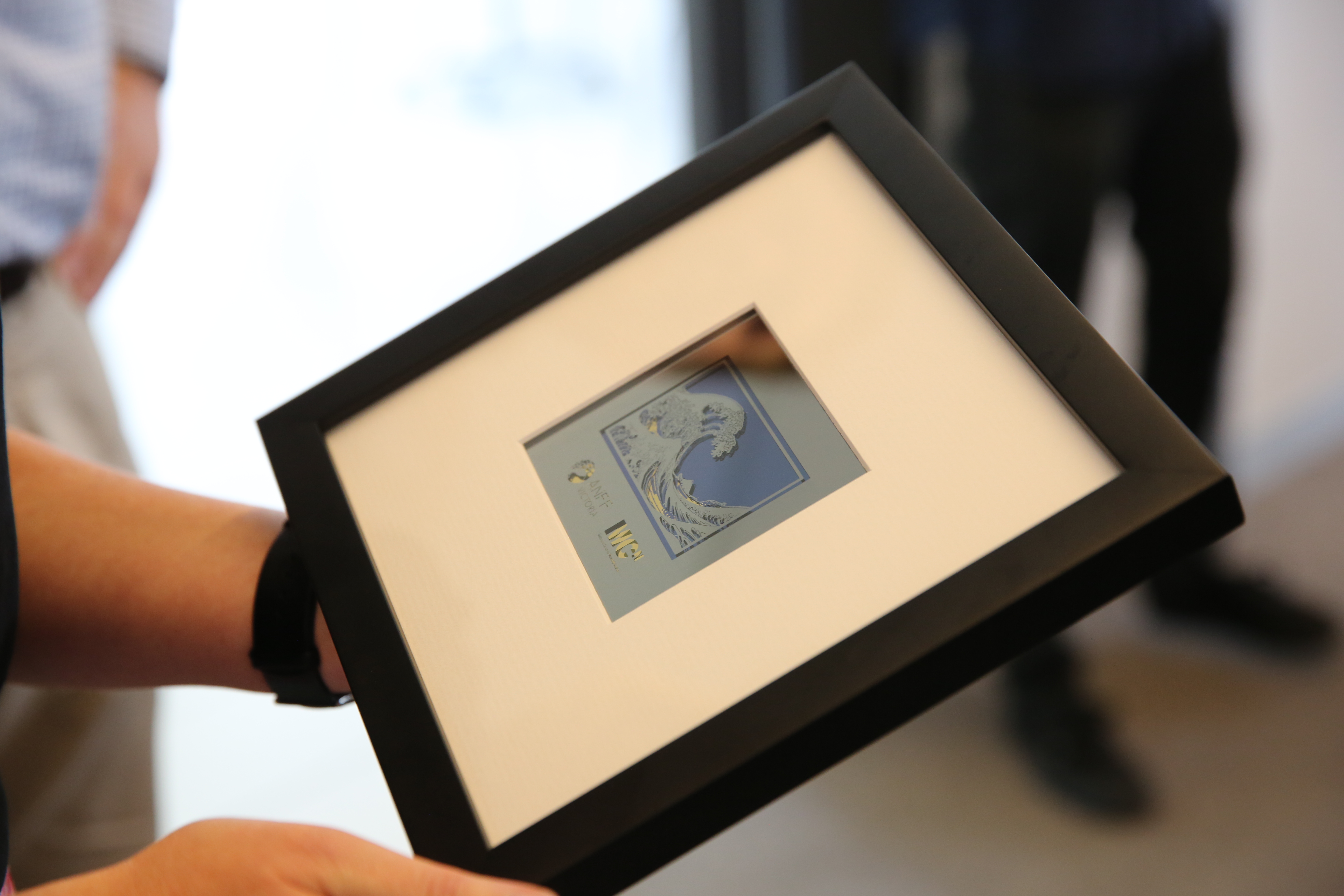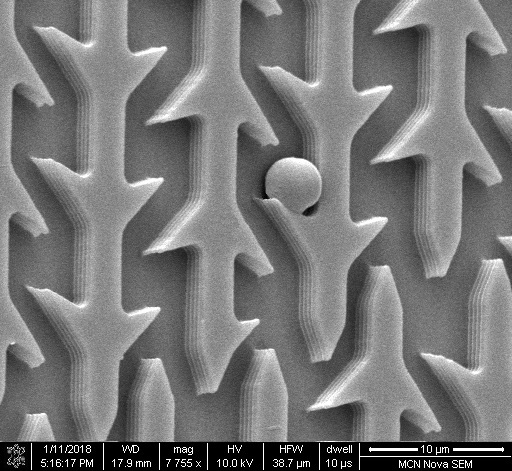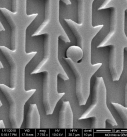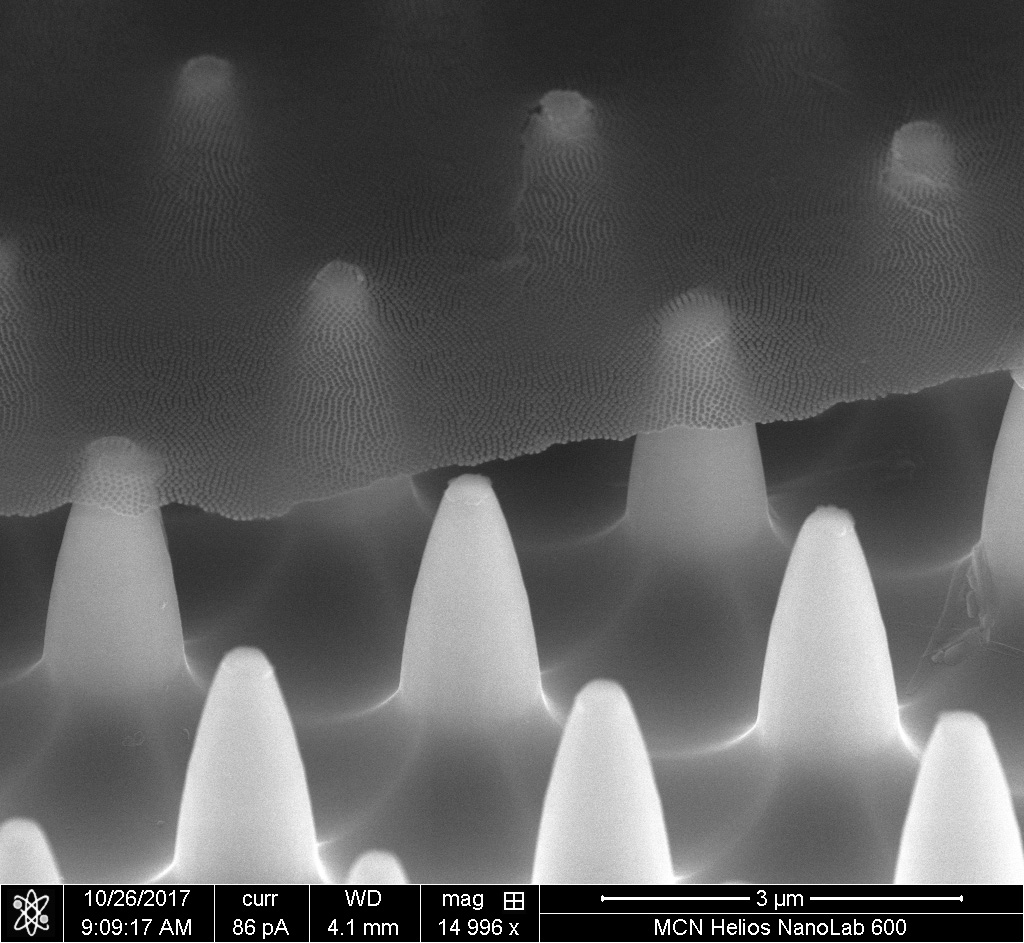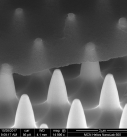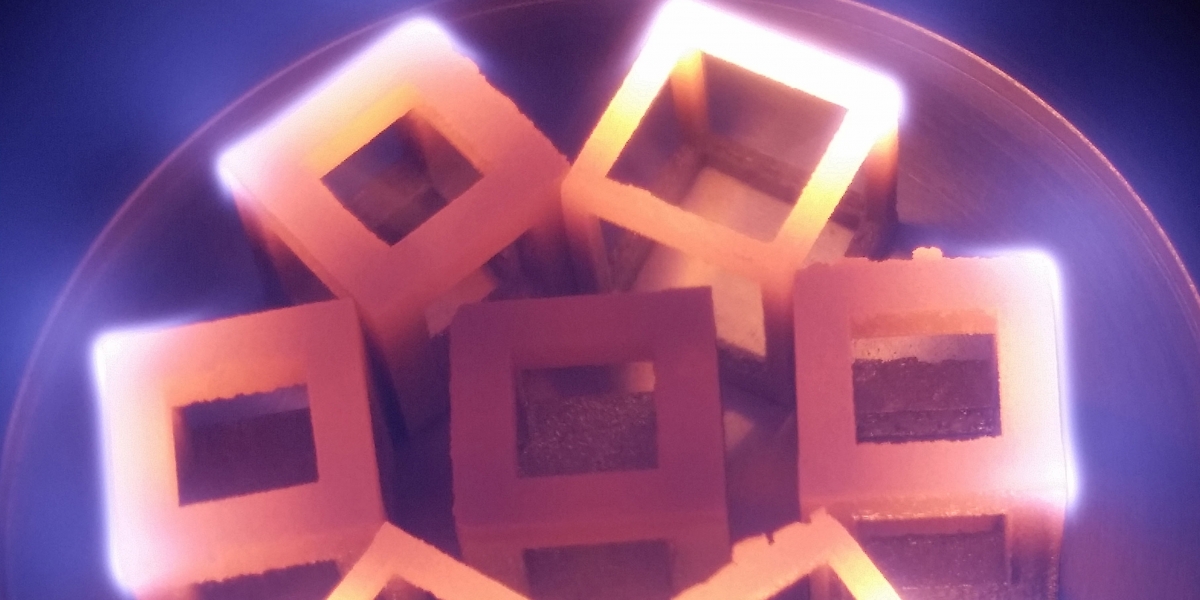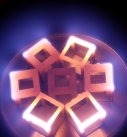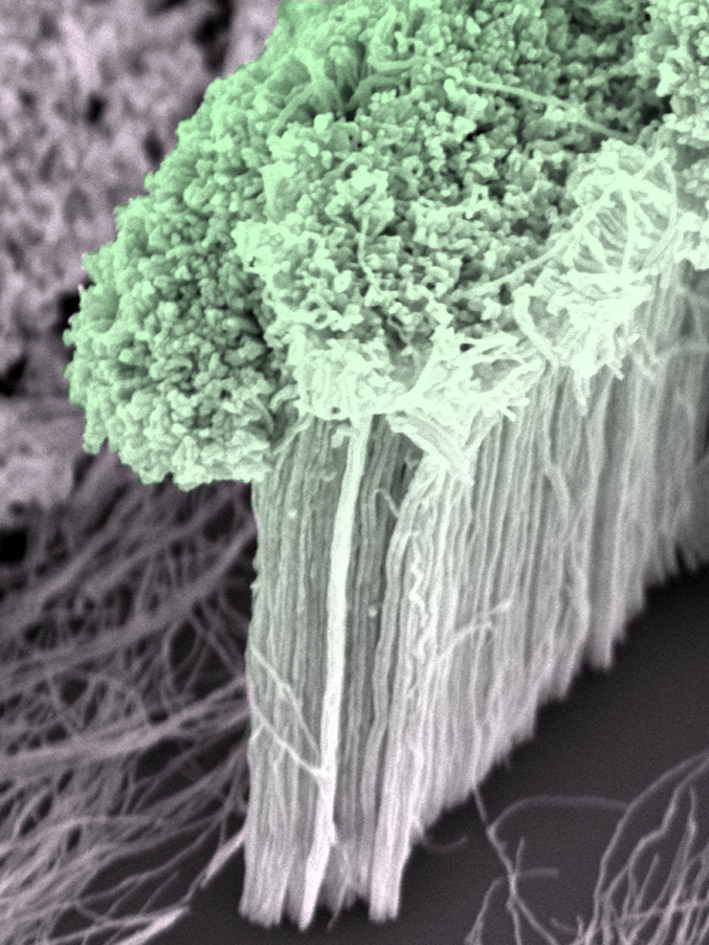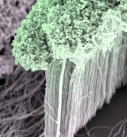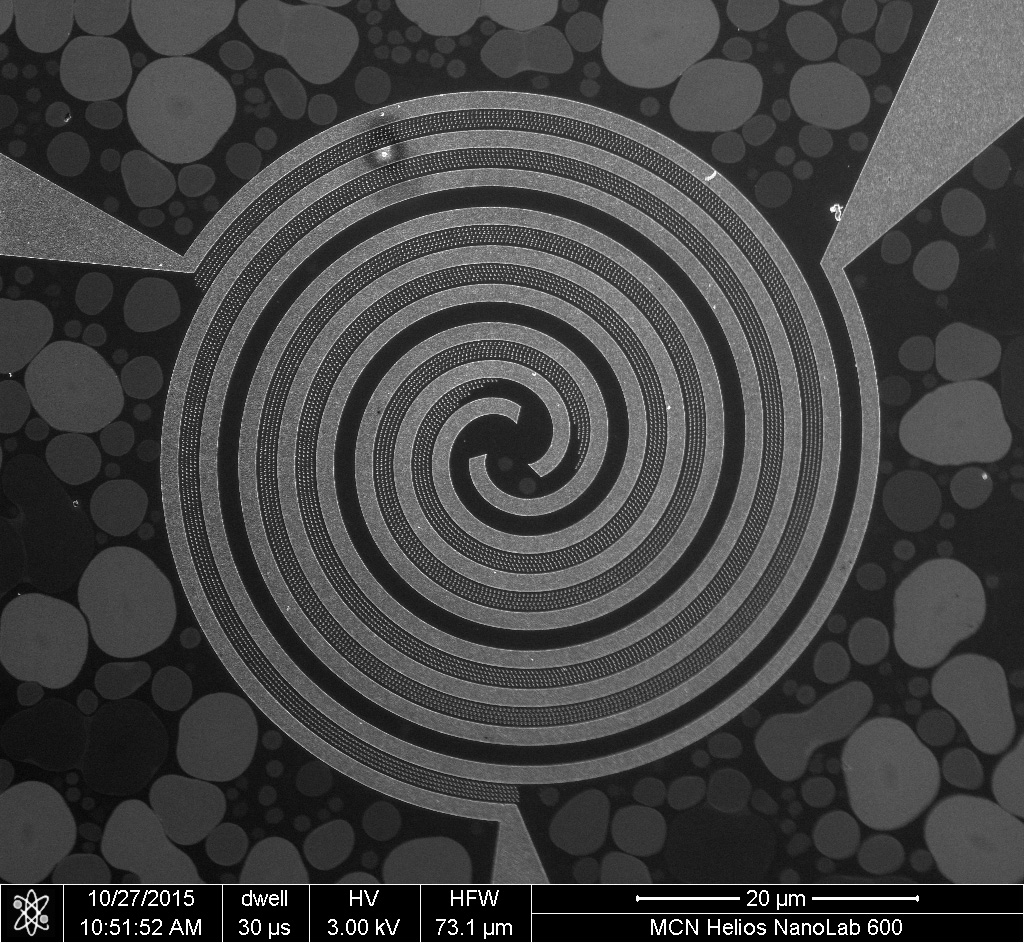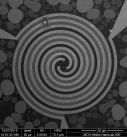MCN User Satisfaction Survey 2018

We would like to thank all of those that took part in this year’s survey – we have received the largest response to date.
Survey prize winner
Lars Esser has been selected as the winner of the MCN User Satisfaction prize draw, taking home the prize of $200 user credit to be added to his account for future projects.
Lars is a research fellow at CSIRO developing new strategies to diagnose and treat brain cancer.
The results
Overall, 90% of respondents described their experiences with MCN as good or very good, according to five questions relating to access times, quality of service, and communication – a particular highlight was that more than 95% of respondents stated that the consulting expertise of MCN Process Engineers was good, or very good.
The ANFF-VIC management team is now working to build on the successes that were highlighted and identifying the best ways to address the concerns raised within the responses to the survey. The results report will be published shortly after.
Microscopic Gardening wins Image of the Year 2018
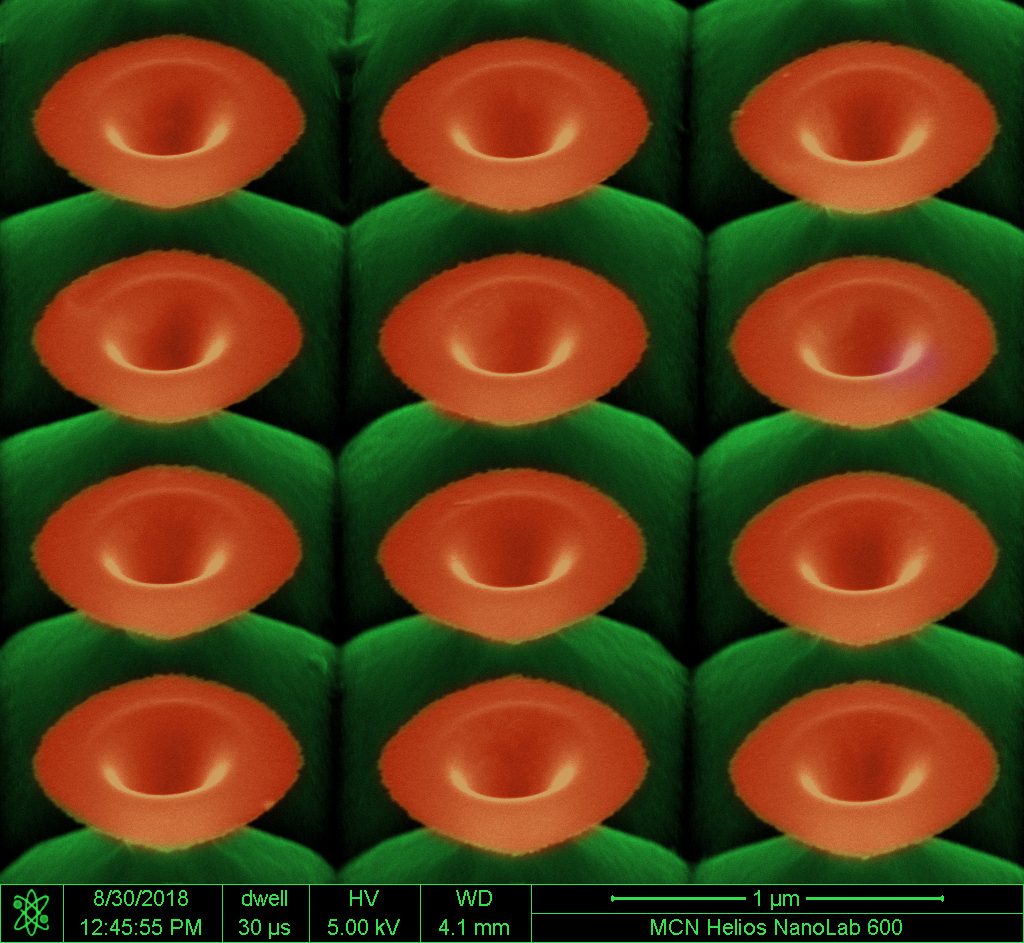
It appears that the ANFF-VIC community has green fingers this year – Microscopic Gardening: Tiny Blossoms of Silicon by Vivek Garg has been voted the ANFF-VIC Image of the Year 2018.
The image shows a scanning electron micrograph (false-color) of Silicon (Si) nanoflowers, created using MCN’s Focused Ion Beam (FIB) in conjunction with wet chemical etching.
As winner of the competition, Vivek will take home a $200 prize.
Vivek and his colleagues are investigating fabrication of 3D freeform structures of Si, such as these nanoflowers, due to their unique optical properties. Such structures can be engineered to selectively absorb light, and produce various colours depending on their architecture – they have tremendous potential for future optics applications such as optical security, polarimetry, and spectral imaging.
“The bulk structuration of Si substrate, based on the ion implantation design and area, allows fabrication of exotic functional and 3D micro/nanostructures on Si substrate exhibiting unique optical properties for applications in nanophotonics and physical sciences,” Vivek explained.
Vivek is a PhD candidate with the IITB-Monash Research Academy, a collaboration between IIT Bombay, India and Monash University, Australia. He is working with Dr Rakesh Mote (IIT Bombay) and Dr Jing Fu (Monash) on the fabrication and controlled manipulation of freeform 3D micro/nanostructures with ion beams. This work is a part of his thesis project, in which he is investigating the use of FIB nanofabrication in creating novel nanostructures for diverse applications such as anti-reflection, colour filtering, sensors and more.
Read more about Vivek’s work here http://www.vivekgarg.org/, or view the full shortlist for the 2018 Image of the Year competition below.
Farewell, congratulations, and good luck to Rosie Hicks, ANFF’s inaugural CEO
Rosie Hicks, ANFF CEO, has decided to move on to her next chapter after nearly 12 years at the helm of the Australian National Fabrication Facility (ANFF).
She will take up the position of CEO of the recently formed Australian Research Data Commons (ARDC) on 15 April 2019.
Images from a farewell event held at MCN can be seen above.
Vote for your ANFF-VIC Image of the Year
A strong list of contenders has been whittled down to 5 finalists for the ANFF-VIC Image of the Year, following an internal shortlisting process.
Now it’s time for the public to have their say and help decide the best image to come out of the Melbourne Centre for Nanofabrication in 2018, and who should take home the $200 cash prize.
In the captions to the images in the slide deck above is a link to a tweet. Choose your favourite image and then cast your vote by retweeting or liking the corresponding tweet.
Make sure you follow @nanomelb to keep track of the results.
The winner will be announced on 26 March 2019.
Deadline approaching: San Francisco Landing Pad

The Defence Innovation Hub has put a call out for an exciting opportunity to register for a new Government initiative that is part of the Australian Government’s Defence Export Strategy.
Austrade has partnered with the Australian Defence Export Office (ADEO) and CSIRO, to deliver a market-entry program for dual civilian and defence use start-ups/scale-ups at the San Francisco Landing Pad.
The Landing Pads program provides market-ready startups and scaleups with potential for rapid growth a cost-effective option to land and expand into major global innovations hubs around the world.
Landing Pads provide market-ready startups and scaleups with:
– a ninety-day residency in a co-working space to help them grow their business by facilitating in-market business development, introductions to investors and mentor networks and strategic partnership opportunities
– business services and in-market learnings from local and international experts
– access to a curated community that supports Australian entrepreneurs who want to go global via shared insights and collaboration opportunities, and
– assistance post residency with business advice to help them continue to grow their business.
Applications close on 8 March 2019. To find out more about the landing pads program visit www.australiaunlimited.com/landing-pads
MCN-endorsed ARC and NHMRC grants and fellowships total $4.5 million in 2018

In the first year of its implementation, MCN’s Grant Participation policy has helped nine researchers secure successful grant outcomes.
The Australian Research Council (ARC) and the National Health and Medical Research Council (NHMRC) has awarded in excess of $4.5 million to MCN-endorsed grant applications in 2018.
A total of nine grants which were put forward by existing and prospective MCN users were successful in their applications. These included three ARC Discovery Projects, two DECRA Fellowships, an ARC Linkage Grant, one LIEF Project, an ITRP project, and an NHMRC Early Leadership grant.
The researchers behind these applications all worked closely with MCN as they formed their applications. The Centre’s expert engineers helped to provide access to training and capabilities, budgets, feasibility information, or letters of endorsement.
MCN’s involvement is a part of the Centre’s Research and Innovation initiatives that were put in place during 2018 and are aimed at providing in-kind grant support for Australian academic researchers who make use of MCN infrastructure.
Working with MCN seems to have helped to achieve success – 33% of the applications the Centre assisted with were granted, while the national average was approximately 23%.
MCN would like to congratulate and thank all of the successful applicants – The Centre’s staff look forward to working together to realise the proposed research.
For more information regarding future applications or enquiries with how the Centre can help, contact Hemayet Uddin or refer to the MCN Research Grant Participation Policy.
A fond farewell to a founding staff member…
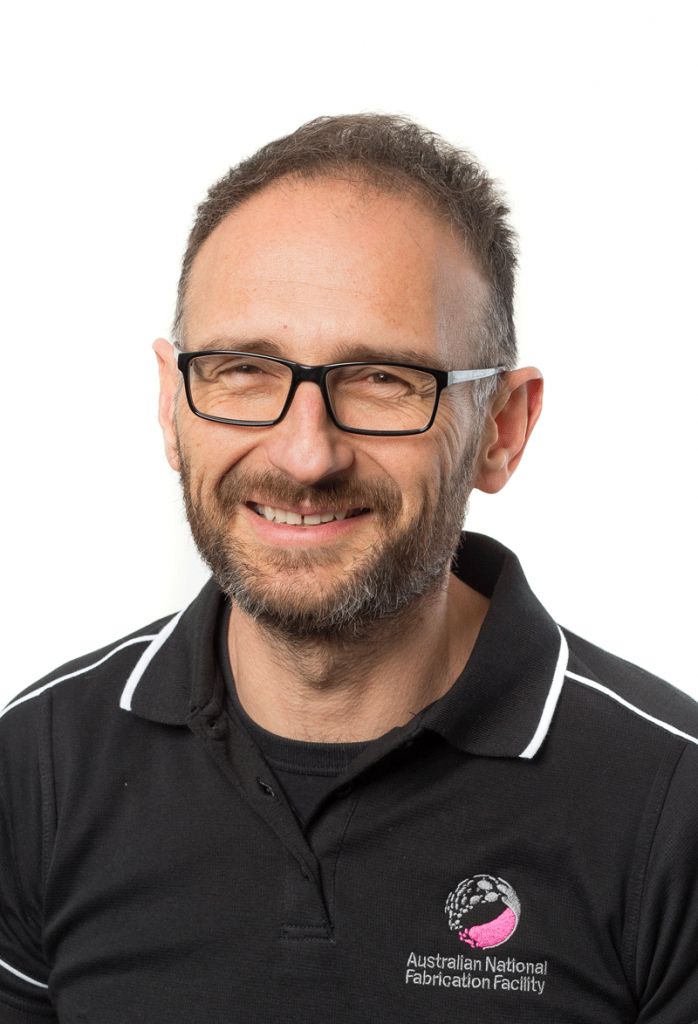 It’s both a sad time and an exciting one as MCN wishes the best of luck to Zoran Vasic, one of the Centre’s founding staff members, as he starts the next chapter in his career.
It’s both a sad time and an exciting one as MCN wishes the best of luck to Zoran Vasic, one of the Centre’s founding staff members, as he starts the next chapter in his career.
Zoran was part of the first MCN team, starting even before the Centre had been built. Since joining, he has been demonstrating his skills as an engineer, a scientific communicator, and a teacher with a clear love of spreading the word about the wonders of nanofabrication and physics to both children and staff members alike, while ensuring that the MCN can keep to the high standards that it maintains.
MCN and the whole of the ANFF network would like to thank Zoran for his near-ten-years of service, and to wish him all the best in the future.
New ANFF-VIC staff member at Deakin’s IFM
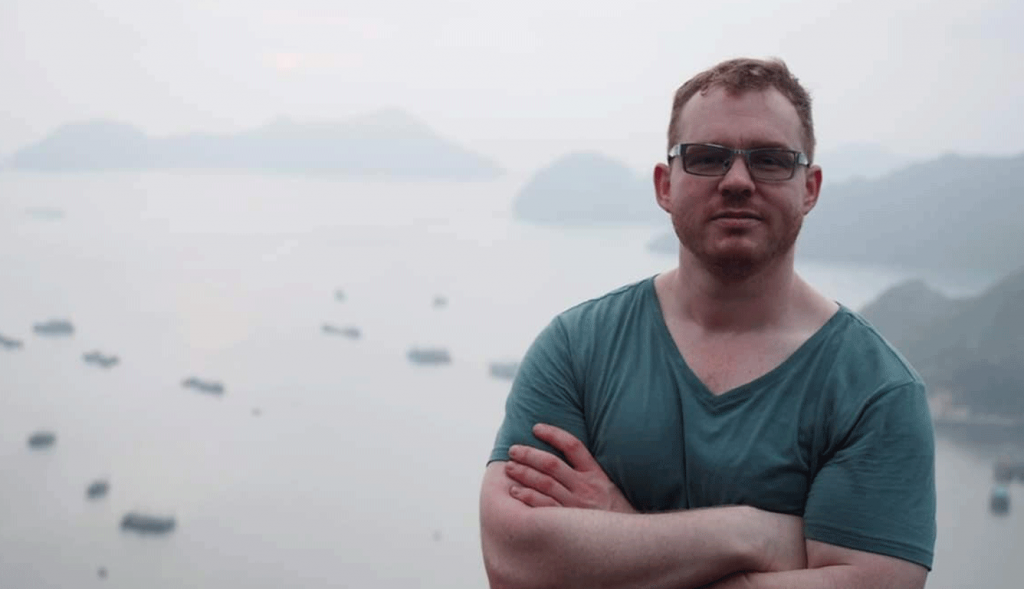
Dr Dylan Hegh has joined ANFF-VIC at Deakin University and will be responsible for industry engagement on fibre-related research at the Institute of Frontier Materials IFM.
His role is also to promote and facilitate the open access of these facilities so that they are made available beyond the host University to the wider academic and industrial communities, and will support research projects involving the development, production and characterisation of fibres and yarns using electrospinning, melt-spinning and wet-spinning facilities.
Dylan is from New Zealand, has a PhD in chemistry, and has previously worked as a postdoc on commercial projects including drug delivery of antiparkinsonian and anti-seizure medication. He has recently finished a commercial project wet spinning natural and man-made polymers to produce textile fabrics for garments at Deakin University.
ANFF-VIC is delighted that Dylan has joined the network, and looks forward to the exciting developments his work will enable.
Publication of the Year 2018

ANFF-VIC is holding its Publication of the Year award for a second year, the winner will receive a $200 cash prize.
Any peer-reviewed paper that was published in 2018 with the correct ANFF-VIC acknowledgment is automatically entered. Judging will be conducted by an internal team that will assess publications based upon the quality of the research, scientific communication and novelty.
Papers must have the correct ANFF-VIC acknowledgment to be considered – use of this acknowledgment also entitles you to $200 user credit towards a future MCN quote.
If you missed your acknowledgments this year, be sure to include it any future work that will be published. Please use the following in the acknowledgement section of any papers:
“This work was performed in part at the Melbourne Centre for Nanofabrication (MCN) in the Victorian Node of the Australian National Fabrication Facility (ANFF).”
Please note: Submissions are now also open for ANFF-VIC’s Image of the Year award. Click here for details.
Submissions open for 2018 ANFF-VIC image of the year
The 2018 ANFF-VIC Image of the Year Competition is now open for submissions.
The winner will receive a $200 cash prize as well as recognition through our media channels and featured placement on Nanomelbourne.com.
The deadline for submissions is 31 January 2019, the winner will be announced in March 2019.
Submissions are now open – send your high-resolution images of work conducted in 2018 with the help of ANFF-VIC in jpg, png or tif format to mcn-images@nanomelbourne.com. Please include a short description of the image, where it was taken and any relevant publications.
These images will be printed in a large poster format, so only print-quality images will be considered.
This year’s competition will again be decided by the public. Following an internal shortlisting process we will upload the images to our twitter page, @Nanomelb, and the image with the most likes and shares will win.
All users are eligible and there is no limit to the number of times that you can enter, as long as the work has involved the use of ANFF-VIC fabrication or characterisation capabilities.
Get submitting or view last years winner here…
ANFF-VIC is also running its “Publication of the Year” competition for a second year – make sure you’re acknowledging the node correctly in all papers in order to be considered. Please use the following in the acknowledgment section of any ANFF-VIC enabled papers:
“This work was performed in part at the Melbourne Centre for Nanofabrication (MCN) in the Victorian Node of the Australian National Fabrication Facility (ANFF).”
